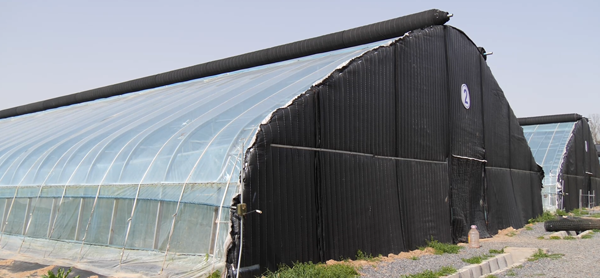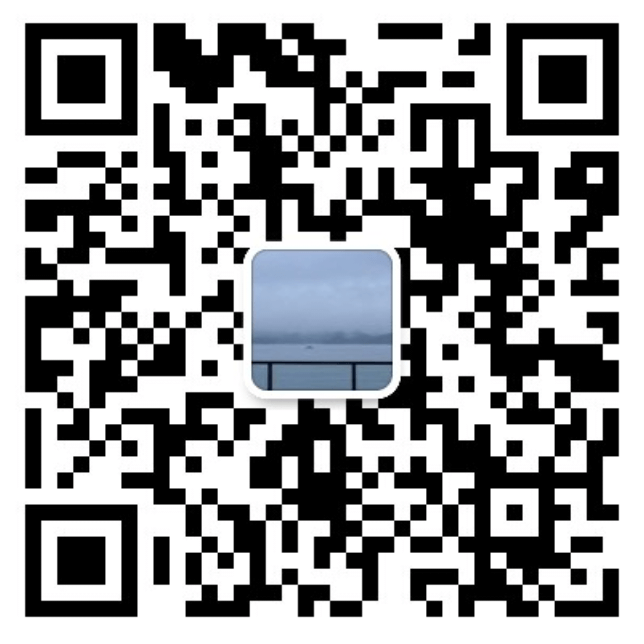I. Current Challenges in Duck Breeding
1. Feed Loss
In manual breeding operations, normal loss rates of feed, water, and other resources are around 5-10%. With automated breeding facilities, this loss rate can be reduced to 2-3%.
2. Disease and Mortality Monitoring
Regular monitoring of sick and dead ducks requires significant labor. Timely discovery of duck mortality is crucial to prevent large-scale disease transmission. Currently, duck farms need to allocate substantial manpower for farm inspection and screening.
3. Manual Equipment Control
The lack of automated equipment increases manual operations and labor costs in duck houses. Human-dependent management increases breeding risks and costs.
II. Platform Construction Necessity and Core Design Principles

- Improve automation levels to reduce human intervention
- Strengthen on-site material management to reduce waste
- Establish digital platform to integrate smart devices and eliminate information silos
- Utilize platform's digital analysis to improve refined management
- Use platform to form standardized management for quick replication and implementation
III. IoT Application Technology Integration
Implementing collection-control-regulation integration to achieve transition towards full automation

Key Features:
- Automated Environmental Monitoring and Control
- Autonomous Analysis and Identification of Sick/Dead Ducks
- RFID Individual Duck Management
- Automated Manure Cleaning and Recycling Management
- Farm ERP Management
